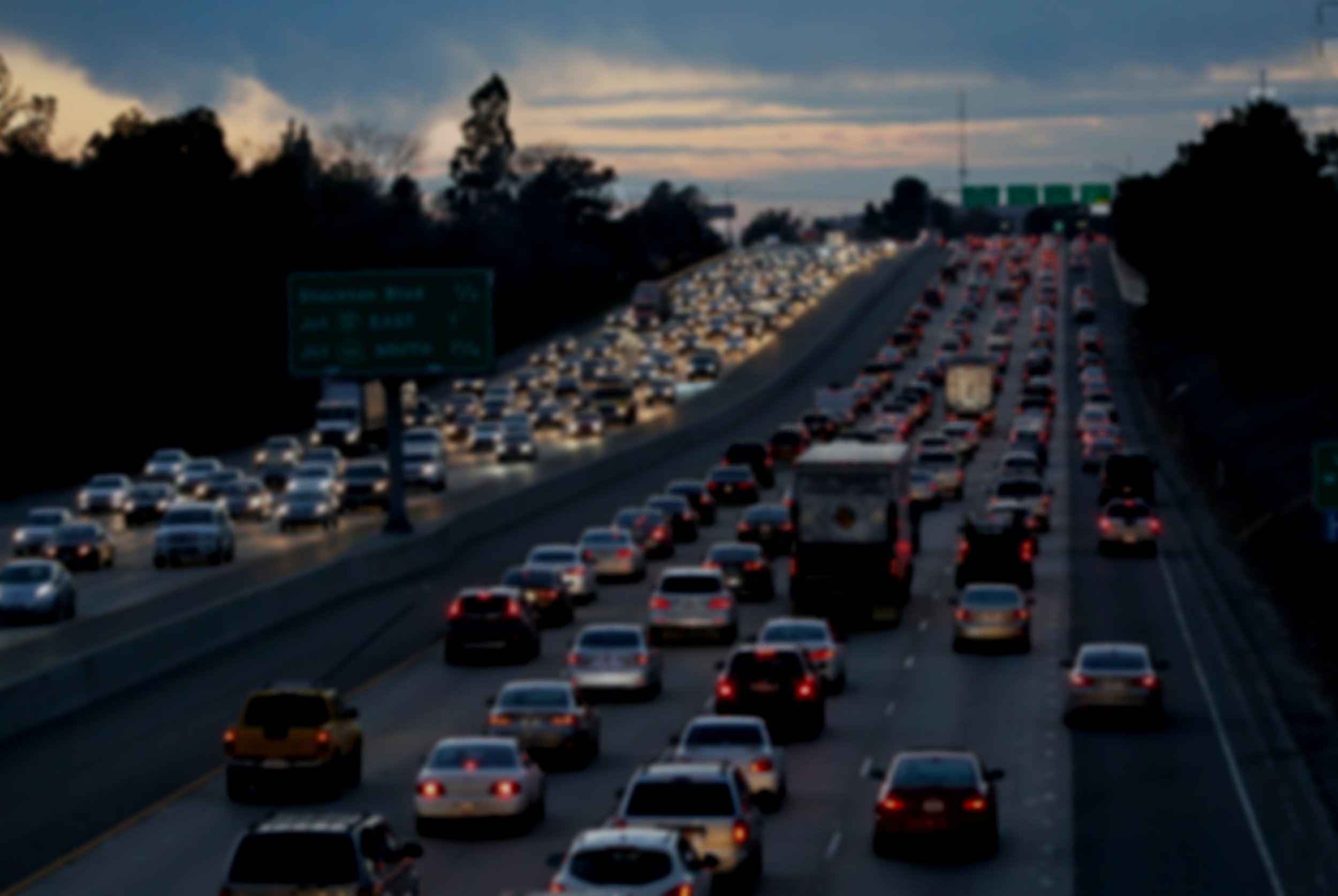
SMART E-Newsletter July 2025
Building Smarter: Fixing What We've Already Built!
Building Smarter: Fixing What We've Already Built!
Summertime in Sacramento usually means three things: high temperatures, busy roads, and lots of construction. The Highway 50 work has many travelers thinking about how maintenance projects are planned and delivered. While that project is managed with state funding by Caltrans, we have a responsibility here in Sacramento County to do better at maintaining our local roads, transit systems, and active transportation infrastructure. While large infrastructure projects like the “Fix50” project are an expected part of a growing region, we should not lose sight of existing public transit investments that need their own maintenance. A “fix it first” focus, which emphasizes caring for these transit systems, helps reduce vehicle miles traveled and the future need for large highway expansion projects.
Below, read this month’s column by SMART Vice President Emel Wadhwani on the “fix it first” principle, and learn why investing in maintenance now builds a more resilient, dependable transportation network that supports our region’s growth and keeps Sacramento moving into the future.
“Prioritizing a ‘fix it first’ approach ensures we get the most out of the transportation system we rely on every day. By investing in maintenance and improvements now, we’re strengthening safety, reliability, and capacity for the people and businesses who depend on these connections to keep Sacramento growing and thriving.”
Welcoming Our New Board Members:
We're pleased to welcome two new members to the SMART Board who bring valuable experience and fresh perspectives to our work.
Darrell Steinberg: has served Sacramento residents for over 30 years. First elected to the City Council in 1992, he went on to serve in the State Assembly, lead the State Senate, and serve as Sacramento’s 56th Mayor. During his mayoral tenure, he championed preserving the RydeFreeRT program, providing fare-free transit for K-12 youth.
Teresita “Chech” Sablan: is a Commissioner on the West Sacramento Planning Commission. Before the Planning Commission, she served on the West Sacramento Transportation, Mobility, and Infrastructure Commission. Chech works as an attorney for the State Water Resources Control Board.
Learn more about the entire SMART Board here.
Fixing What Matters: Why Sac Needs a "Fix it First" Approach
Emel Wadhwani, Vice President
Maintaining the infrastructure we already have is one of the smartest investments we can make. Well-maintained roads, transit lines, and bike paths help families thrive, businesses invest, and tourism grow. Reliable infrastructure attracts new development and ensures that people can move safely and comfortably through our city. Every dollar spent on preventive maintenance today can save on costly repairs in the future. By addressing issues early, we improve safety, support economic growth, and reduce long-term disruptions.
Sacramento County’s roads illustrate why this approach matters. The county’s network spans over 5,200 lane miles, yet many roads remain in poor shape. In 2023, the average Pavement Condition Index (PCI) was rated “fair,” with nearly 17 percent of the network classified as “failed.” These neglected roads are often found in lower-income neighborhoods, where residents are least able to handle the cost of vehicle damage and where unsafe conditions limit options for biking and walking.
Measure A funding helps address these challenges. By law, at least half of the Measure A dollars for local streets, roads, and bridges must go toward preventive maintenance, showing a clear commitment to a "fix it first" approach. This strategy aims to bring roads up to a PCI of 70 by 2028. Still, Measure A can only do so much, and local transportation funding in Sacramento remains low compared to other major California metropolitan areas. For example, BART receives most of a dedicated half-cent sales tax in the Bay Area, while San Diego County funds transportation through a half-cent TransNet sales tax that supports both transit and roads. As the capital of the world’s fourth-largest economy, Sacramento needs transit investments that truly meet local demand.
Focusing these resources on maintenance builds a safer, more connected, and more equitable transportation system for everyone in Sacramento County. Constant maintenance allows us to expand mobility choices at a fraction of the cost of new construction. When we repair roads, update light rail stations, or improve bike paths, we give people better, safer options for how they travel while making sure our public dollars go further.
Spotlight: American River Parkway
The American River Parkway is one of Sacramento’s most valued public spaces. Stretching 23 miles along the river, it offers much more than recreation. It serves as an essential transportation corridor for commuters, families, and visitors. Cyclists and pedestrians use the Parkway to connect neighborhoods, workplaces, schools, parks, and major destinations, creating a safe, car-free option that supports healthier, more sustainable travel.
Supporting a "fix it first" approach, the Sacramento Transportation Authority committed in 2009 to provide the Department of Regional Parks with $1 million each year for 30 years through Measure A. This long-term, stable funding sustains the operation, maintenance, and improvement of the Parkway and the Jedediah Smith Memorial Trail.
Recent and ongoing upgrades include trail resurfacing and improved underpasses and bridges, keeping the Parkway safe, accessible, and reliable for daily use. Projects like the Two Rivers Trail Phase 2 will add over two miles of new paved pathway along the south bank of the Lower American River, expanding access while strengthening the existing network.
The Parkway links people directly to downtown Sacramento, giving commuters a dedicated route to work, school, and events. It connects neighborhoods throughout the city, making it easier for residents to access parks, local businesses, and community spaces. Event-goers can reach venues like Discovery Park for concerts and festivals such as Aftershock without the hassle of parking.
By prioritizing maintenance and thoughtful improvements, we invest in a transportation system that serves everyone, from daily commuters to families enjoying weekend rides. This commitment helps Sacramento grow as a connected, welcoming place to live and visit.

